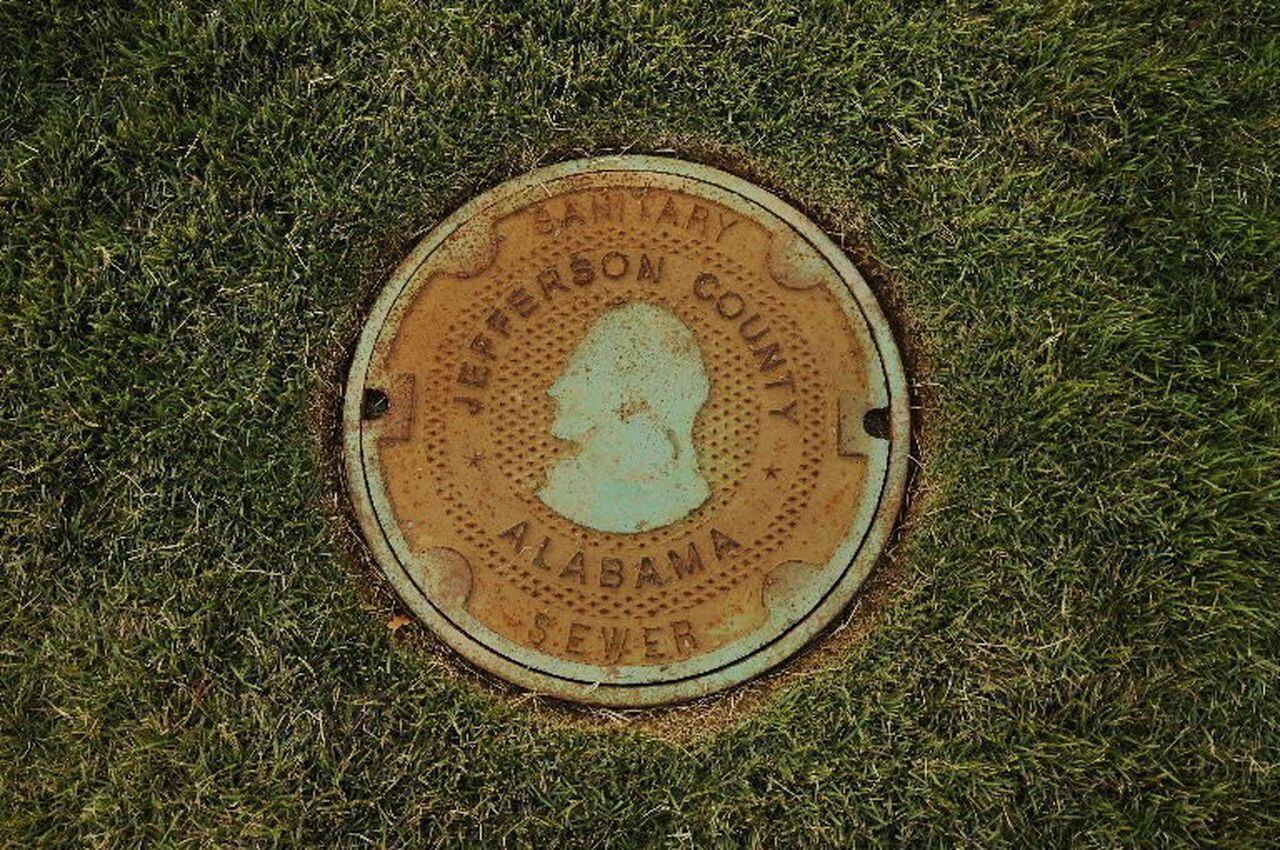People gathered for a town hall meeting about the Jefferson County sewer system shared common questions Tuesday evening: How much will it cost them, how long will it last, and how can the county avoid repeating such an expensive predicament.
Jefferson County Commissioner Sheila Tyson, along with other leaders and officials gathered at the Bessemer Civic Center to update ratepayers on the status of the sewer system, its finances, and what it means to ratepayers.
Jefferson County last month completed a refinancing of $2.24 billion in county sewer debt, a move that officials said brings a bit of relief for customers by preventing unpredictable rate increases.
The transaction caps annual sewer rate increases for customers at 3.49 percent a year through 2053.
“There’s nothing exotic about this,” explained David Denard, Jefferson County Environmental Services Director, who oversees the sewer system. “It’s a fixed rate. It’s safe.”
“Probably for the first time in the better part of a century, the county sewer system is finally in a place to be sustainable.”
While bills will continue to increase for decades, officials stressed that the rates would remain in line with inflation.
“We’re like any other utility,” Denard said. “We’re probably not going to see rates go down.”
The $1.2 billion in savings is passed along to residents by securing a reasonable rate increase, officials explained. Jefferson County currently owes $2.24 billion sewer debt, financed for the next 30 years.
Part of the recent financial transaction also sets aside $2 million annually to create a customer assistance program. Unlike other utility assistance funds, the sewer fund will be financed exclusively by sewer system dollars.
The program will provide funding for bill assistance, water audits to detect leaks, and repairs to eliminate water loss. Denard stressed that the primary goal is to provide long-term solutions to remedy high sewer bills.
In addition to hearing about the future of the system, customers also got a brief history lesson on how the county ended up with so much debt related to its sewer system.
Major repairs were needed and ordered following court action. But financial problems were magnified by corruption where nearly two dozen county officials were eventually convicted of federal bribery and conspiracy charges between 2005 and 2010.
Jefferson County was eventually saddled by $4.23 billion in debt in 2011 when it filed for the largest municipal bankruptcy in American history at that time. The county exited bankruptcy in 2013.
“For the first time, the county is in a position where the sewer system is up to par,” said county attorney Theo Lawson. “The system is stable. The county before was not proactive in making sure the system was doing what it was supposed to do.”
Responding to concerns about the future, County Manager Cal Markert said the county and its sewer system is solvent and there is no need to return to the bond market. He also added that improvements to the sewer system now makes Jefferson County competitive when it comes to economic development and recruitment.
Tyson organized the town hall.
“I promised the people a town hall meeting after we refinanced the sewer,” she said. “They asked key questions and the presenters broke it down to where people could really understand it.”
A little more than a dozen people attended the Bessemer town hall meeting. A second gathering is planned Thursday at Boutwell Auditorium in downtown Birmingham.
“I’ve only been a politician since 2013,” Tyson said. “I was a regular citizen protesting and picketing because I felt they were trying to hide something from me. When I ran for office and I won, I promised that I would keep all the citizens and myself informed.”
